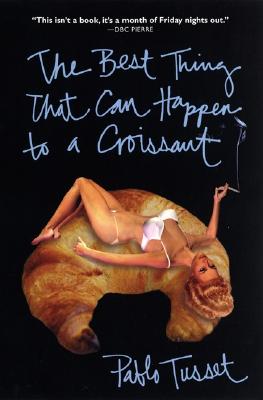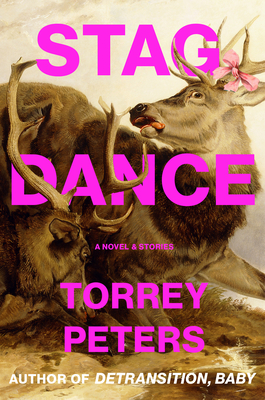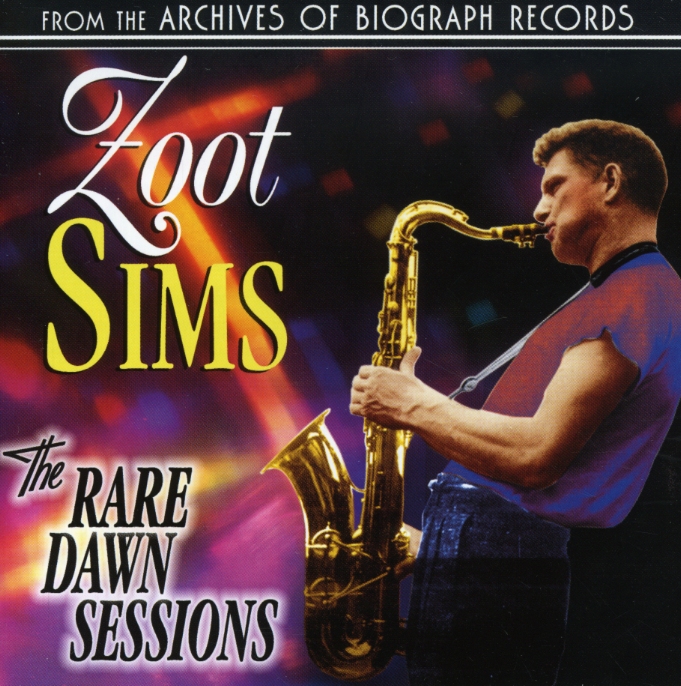
Pancake, Breece D'j
product information
description
ed and haunting stories of the legendary West Virginia writer, with rare unfinished stories and fragments and revealing letters Breece D'J Pancake published only a handful of stories before he took his own life in 1979, just shy of his twenty-seventh birthday. Those stories and a small number of others found among his papers after his death comprise the remarkable posthumous collection The Stories of Breece D'J Pancake (1983), recognized at the time as "an American Dubliners" (Jayne Anne Phillips) and a collection by a "young writer of such extraordinary gifts that one is tempted to compare his debut to Hemingway's" (Joyce Carol Oates). Kurt Vonnegut called him "merely the best writer, the most sincere writer I've ever read." Today his diverse admirers include Margaret Atwood, Andre Dubus III, Tom Waits, and Lorde. The Collected Breece D'J Pancake brings together the original landmark book, several story drafts and fragments, and a selection of Pancake's letters to offer an unprecedented picture of his life and art. Among the unfinished stories are fragments from Pancake's two planned novels. The letters document his relationship with writers such as Peter Taylor, John Casey, James Alan McPherson, and Mary Lee Settle, and offer a picture of his collaborative relationship with his mother, who sent him newspaper clippings and helped him research his stories. "Pancake's stories are the only stories written in just this way," Jayne Anne Phillips writes in her introduction, "from inside the minds of protagonists coming of age in the mountains of an Appalachian world closed to others." At once beautiful and relentlessly bleak, the stories concern miners, truckers, farmers, waitresses, and others facing constricted economic and life prospects. In one way or another, his characters are stuck, hoping for a change in fortune they can neither relinquish nor quite bring themselves to believe in, the land and the past making equally strong claims on their darkening present.
member goods
No member items were found under this heading.
listens & views

TRIO LONDON 1993
by BRAXTON,ANTHONY / PARKER,EVAN / RUTHERFORD,PAUL
COMPACT DISCout of stock
$18.25
Return Policy
All sales are final
Shipping
No special shipping considerations available.
Shipping fees determined at checkout.






